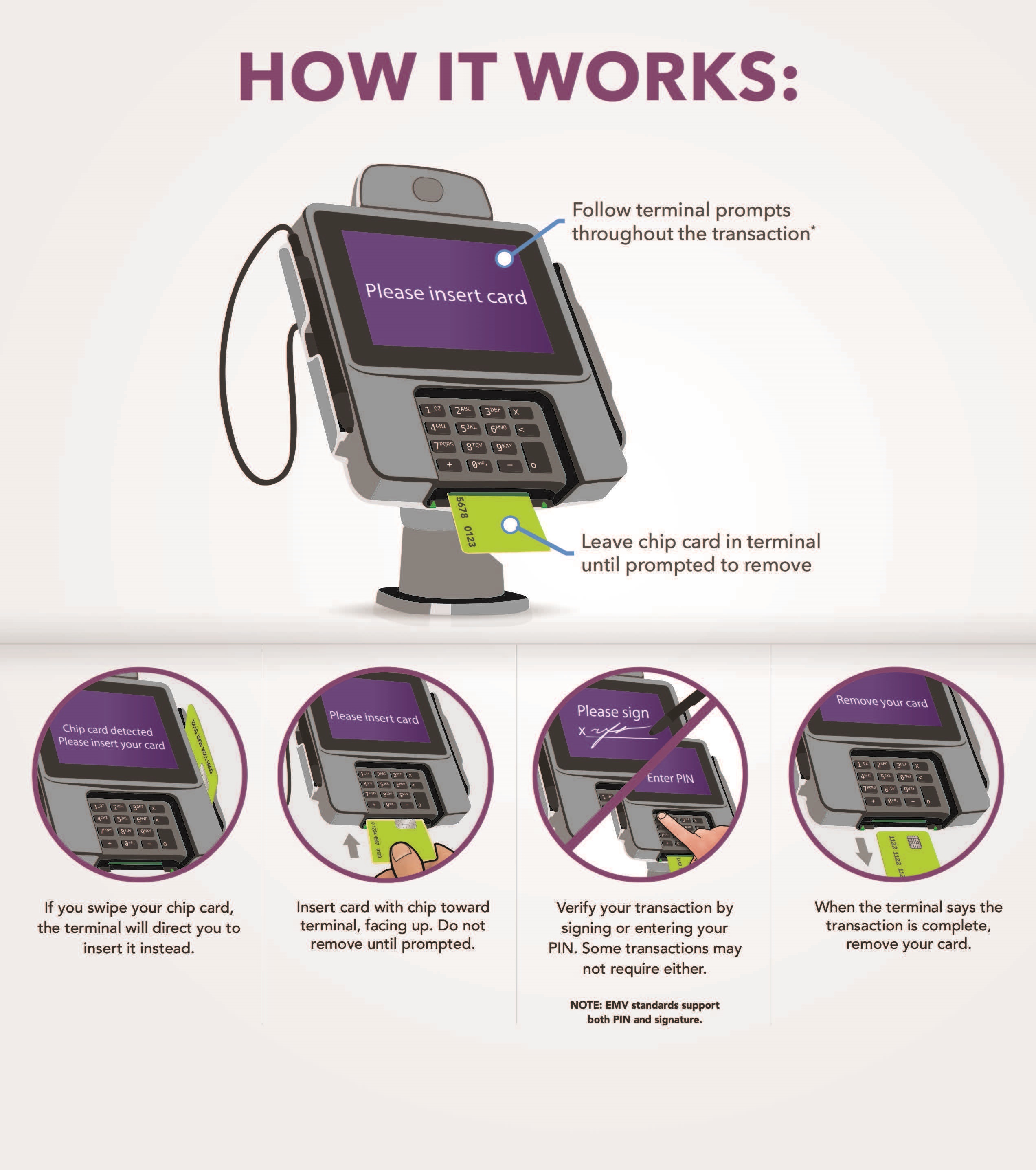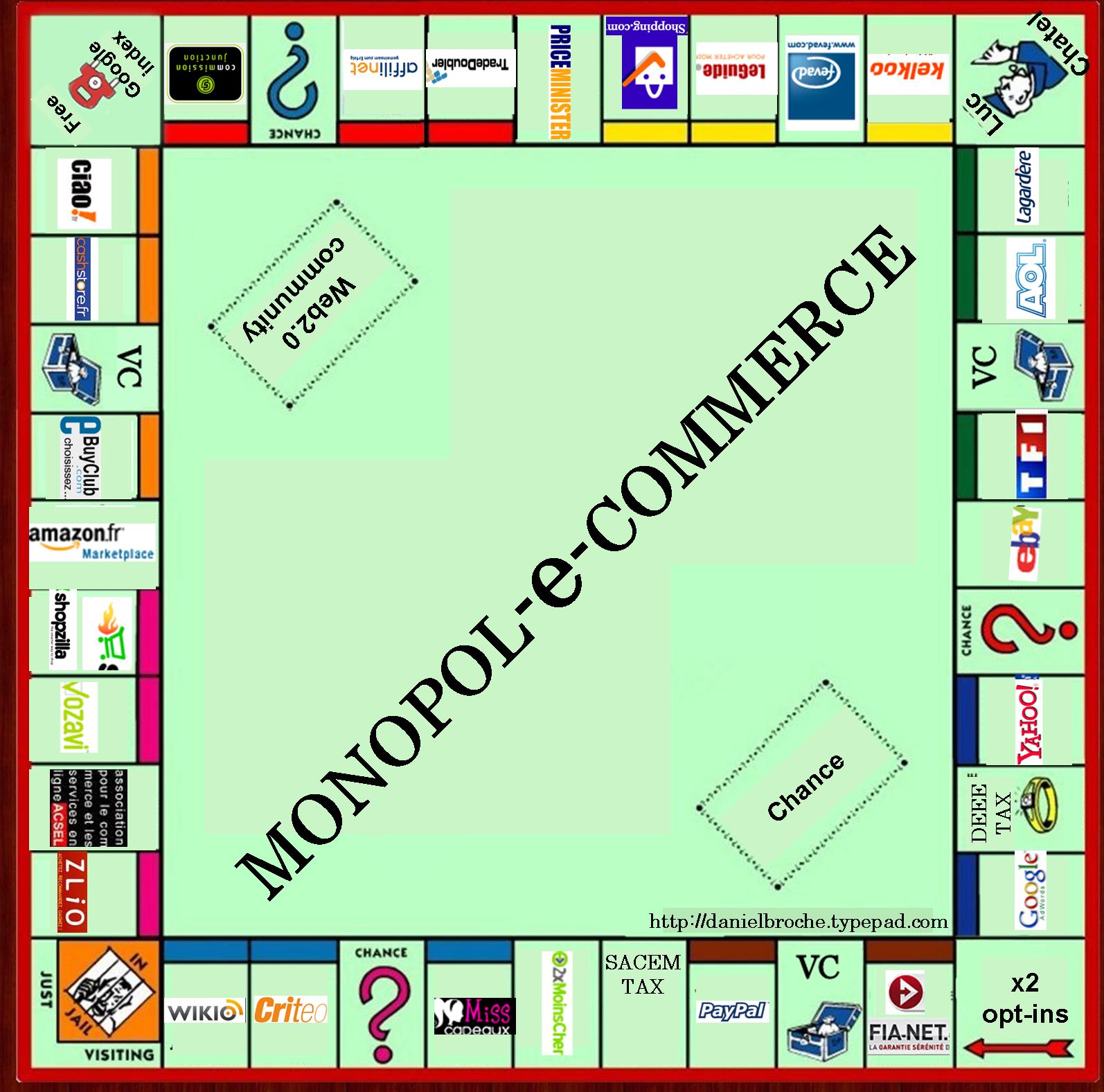May 6th, 2016 by Elma Jane
A data breach is any instance in which secure data information has been released or stolen intentionally or unintentionally. The organization that exposed or lost your information will notify you. The steps you should take depend on the type of information that was lost or stolen. In general, you may choose to do one or more of the following:
- Monitor all bank and other accounts for suspicious activity.
- Change all passwords, PINs, or user names associated with compromised accounts.
- Order a copy of your credit report.
- Place a fraud alert or credit freeze on your credit file.
Posted in Best Practices for Merchants, Credit Card Security, Travel Agency Agents Tagged with: accounts, bank, credit, data, data breach, fraud

May 5th, 2016 by Elma Jane
Businesses or merchants accepting payments online needs an up-to-date and active security software that includes:
- FIREWALL PROTECTION – a software program that helps to screen out malware and hackers that try to reach you through the internet.
- ANTI-VIRUS PROGRAMS – Not all anti-virus program offers protection against all kinds of malware. Viruses are one type of malware. Spyware is another type of malware that can steal credit card information or your bank account.
Update:
- Keeping your operating systems, security software programs, and browser current can help secure your data information.
- Evaluate browser’s privacy settings, limit or disable cookies. Other cookies can be used maliciously and collect data information.
- Back up your data regularly. If your computer or device got compromised, you still have access to important files.
Need to set up an account give us a call at 888-996-2273
Posted in Best Practices for Merchants, Credit Card Security Tagged with: bank account, credit card, data, merchants, online, payments, Security

April 27th, 2016 by Elma Jane
EMV Cards (Europay, MasterCard, and Visa) are smart cards (chip cards or IC cards) which store their data on integrated circuits rather than magnetic stripes. They can be contact cards that must be physically inserted or dipped into a card reader. Payment cards that comply with the EMV standard are often called chip-and-PIN or chip-and-signature cards, depending on the authentication methods required.
Posted in Best Practices for Merchants Tagged with: card reader, cards, chip cards, data, EMV, payment

April 11th, 2016 by Elma Jane
Card-not-present fraud is projected to worsen. However, 3D secure technology has made progress and is gaining more and more adoption.
How can e-Commerce merchants avoid CNP fraud?
Here are other ways to make card-not-present transaction safe:
Biometrics – Using Fingerprint Scans and Facial Recognition or Selfie. To validate the identity of the consumer.
Challenge Questions – Such as listing your father’s middle name or a fact known only to the consumer is an effectively added layer of security.
Location Data – Another way to fight against fraud is location data and the use of IP addresses to certify the location and identity of the consumer making the transaction.
Outsource Your Payment Platform – Payments pages hosted by a reputable payment service provider are much more secure.
One-time Passwords – During the checkout process, there will be a window to enter a one-time password which the consumer receives a text message on his/her mobile phone. The consumer enters the password within a short time frame to authenticate the transaction. This solution is especially effective against cyber criminals who steal credentials.
For your payment services needs, give us a call at 888-996-2273
Posted in Best Practices for Merchants, Credit Card Security, e-commerce & m-commerce Tagged with: 3D Secure, biometrics, card-not-present, cnp, consumer, data, e-commerce, fraud, merchants, payment, Security, service provider, technology, transaction

April 7th, 2016 by Elma Jane
The EMV technology does improve security because EMV cards are more difficult to counterfeit. Since U.S. is using chip-and-signature cards not the one requiring a PIN, anybody can use an EMV chip card whether it might be a lost or a stolen card. EMV chips will not prevent the data breach from occurring, but it will make it harder for criminals to successfully profit from what they steal.
Posted in Best Practices for Merchants, Credit Card Security, EMV EuroPay MasterCard Visa Tagged with: cards, chip card, data, EMV, PIN, Security

March 23rd, 2016 by Elma Jane
A data breach can occur from inside a business just as much as it can externally. The one common element between both is “Opportunity.” It doesn’t matter whether a business is a multi-national corporation or a small single-location.
Attacks from criminals can range in sophistication. While the sophistication of some attacks may be low, experts note that criminals continue to evolve their techniques and now they are becoming more sophisticated than ever.
While large corporations may have millions of customer records, they also maintain the resources to protect their sensitive information from the average criminal. It may take weeks, months, or even years for a criminal to penetrate the defenses of one large corporation. This is why attacks on small business are becoming so attractive to criminals.
It all goes back to the “Opportunity.” The average small business lacks the resources to properly protect their business from the variety of attacks at the disposal of criminals. Or worse, they may believe their business is of no interest to criminals. The fact is, they are less secure than larger businesses. These are all issues for the average small business owner, and more importantly, their customers.
So what can a small business do to protect themselves from the growing threat of a data compromise?
- Background checks on employees.
- Have someone monitor the network activity.
- Protect business with proper network security protocols.
- Protect your payment’s environment by using a layered approach that includes EMV, encryption and tokenization to help prevent sensitive payment card data from being stolen.
These are all fairly simple and inexpensive ways for businesses to help protect themselves and their customers from being a victim of a costly data compromise.
Posted in Best Practices for Merchants, Credit Card Security, Travel Agency Agents Tagged with: card, customer, data, data breach, EMV, encryption, payment, Security, tokenization

March 17th, 2016 by Elma Jane
A bank in Mexico is the first in the world to publicly experiment with this technology. With their mobile wallet application, cardholders are able to use dynamic CVC/CVV codes, which are generated every twenty minutes.
If somebody is using credit card information stolen from a data intrusion and the merchant accepting payment online asks for the CVV, it likely would have changed by that time, they would enter the wrong CVV and the transaction would be declined.
Cards with CVV code display that randomly changes will ensure that users making orders online are who they say they are. Many e-Commerce sites already ask shoppers for the CVV code during online transactions or over the phone.
The technology is an intuitive solution, but costly to issuers. Cards with displays that enable a dynamic CVV code are 10 times more expensive than chip cards.
As mobile banking, e-commerce, and m-commerce is growing, something had to change sooner or later in the online payment industry.
Posted in Best Practices for Merchants, Credit Card Security, e-commerce & m-commerce Tagged with: bank, cardholders, cards, credit card, data, e-commerce, m-commerce, merchant, mobile, online, payment, payment industry, transaction, wallet

February 24th, 2016 by Elma Jane
Helping customers protect and safeguard their payment data is one of National Transaction’s top priorities.
Our Payments Expert for travel agencies welcomes your questions, and always glad to give you assistance. We are good at what we do and we value your time.
We offer very valuable services and information to help you with your travel business needs, which saves you time, money & provide insights into your payment logistics.
National Transaction’s Electronic Payments Expert doesn’t sell anything, instead helps you choose wisely and discuss your options.
If you haven’t consulted a Payments Expert for your travel business take the time to seek one out and ask for their professional input.
visit www.nationaltransaction.com today, or call 888-996-2273 Extension 1. The Payments expert for travel agencies!
Posted in Best Practices for Merchants, Travel Agency Agents Tagged with: customers, data, payment, travel, travel agencies, travel business

February 17th, 2016 by Elma Jane
Helping customers protect and safeguard their payment data is one of NTC’s top priorities. Experts agree that a layered approach is the most effective way to combat evolving security threats and unauthorized access to payment data.
Implementation of best practices and the latest protection technology is needed to ensure of cardholder data protection from increasingly complex and evolving security threats.
EMV is a good start to enhance data security with card authentication, cardholder verification, and transaction authorization. But a multi-layered security approach that includes encryption and tokenization provides complete data protection to both merchants and their customers.
EMV alone is not enough because EMV authenticates the validity of the card and the cardholder, but it does not secure the data. With encryption and tokenization without EMV, as a merchant, you are liable for fraudulent transactions. Encryption and tokenization are a process or system to protect sensitive cardholder data but do not authenticate the data.
EMV is a key component to a multi-layered security approach. It secures the payment transaction with enhanced functionality, by combining EMV, encryption and tokenization merchants can have a complete data protection that they need.
Posted in Best Practices for Merchants, Credit Card Security, EMV EuroPay MasterCard Visa Tagged with: card, cardholder, customers, data, data protection, data security, EMV, encryption, merchants, payment, payment transaction, Security, tokenization, transaction

February 11th, 2016 by Elma Jane
E-commerce is a virtual platform, where we can get products and services and make payments through the internet.
E-commerce trend is constantly changing, it is necessary for a merchant to watch out for the upcoming Trends in this industry for a business to success.
To help boost your conversion rates here are the trends to be followed:
Contextual Commerce – The next big thing in payments and e-commerce. Providing complete description with images and videos to help your customer decide to purchase a product. Customization is an important factor as well to convince about the products or services.
Fast Delivery Shipping – Customer wants to receive the products after purchasing as soon as possible. So Reliable, Timely shipping means a lot.
Mobile Shopping – getting your online store ready for mobile shoppers is not an optional feature, it’s a mandatory part of a strategy.
Multiple Channels For Shopping – optimization is a great experience for shoppers. Having online store presence in different technology gadgets is a must.
Real Time Analytics – analyzing consumer behavior based on data entered into a system less than one minute before the actual time of use. Finds out why a customer leaves the store and prevents customer loss.
Virtual Sales Force – Hiring virtual salesforce, utilizing pop-ups and live chat who will help customers which are similar in a physical store.
Step ahead out of the conventional methods and adapt prevailing trends by embracing innovation so you can offer something new to your customer.
Posted in Best Practices for Merchants, e-commerce & m-commerce Tagged with: business, consumer, customer, data, e-commerce, internet, merchant, mobile, online, payments






